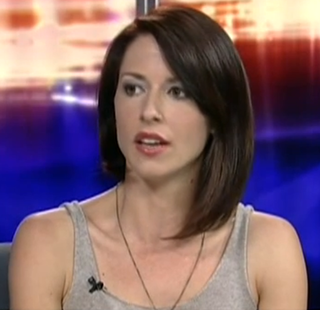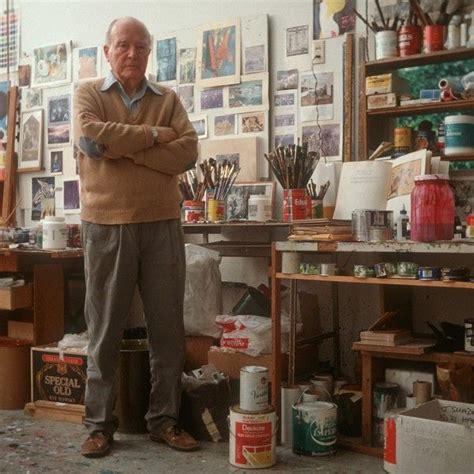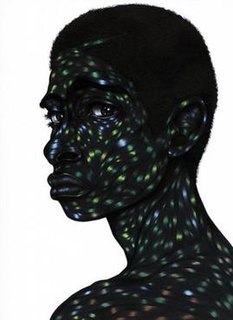A Quote by Audre Lorde
I am a Black Feminist. I mean I recognize that my power as well as my primary oppressions come as a result of my blackness as well as my womaness, and therefore my struggles on both of these fronts are inseparable.
Related Quotes
When I started, I was aware of using the black as a rhetorical device. It's understanding that black people come in a wide range of colors, but you find instances in a lot of black literature in which the blackness is used as a metaphor. In some places, you can find an extreme blackness used as a descriptive.
Some of our struggles involve making decisions, while others are a result of the decisions we have made. Some of our struggles result from choices others make that affect our lives. We cannot always control everything that happens to us in this life, but we can control how we respond. Many struggles come as problems and pressures that sometimes cause pain. Others come as temptations, trials, and tribulations.
Arguably the most important parallel between mass incarceration and Jim Crow is that both have served to define the meaning and significance of race in America. Indeed, a primary function of any racial caste system is to define the meaning of race in its time. Slavery defined what it meant to be black (a slave), and Jim Crow defined what it meant to be black (a second-class citizen). Today mass incarceration defines the meaning of blackness in America: black people, especially black men, are criminals. That is what it means to be black.
I stand here as a black lesbian feminist, having been invited to comment within the only panel at this conference where the input of black feminists and lesbians is represented. What this says about the vision of this conference is sad, in a country where racism, sexism and homophobia are inseparable. . . .
The concept of the public welfare is broad and inclusive ... the values it represents are spiritual as well as physical, aesthetic as well as monetary. It is within the power of the legislature to determine that the community should be beautiful as well as healthy, spacious as well as clean, well balanced as well as carefully patroled.
The liberal wing of the feminist movement may have improved the lives of its middle- and upper-class constituency--indeed, 1992 was the Year of the White Middle Class Woman--but since the leadership of this faction of the feminist movement has singled out black men as the meta-enemy of women, these women represent one of the most serious threats to black male well-being since the Klan.
The potential significance of Black feminist thought goes far beyond demonstrating that African-American women can be theorists. Like Black feminist practice, which it reflects and which it seeks to foster, Black feminist thought can create a collective identity among African-American women about the dimensions of a Black women's standpoint. Through the process of rearticulating, Black feminist thought can offer African-American women a different view of ourselves and our worlds
It is not nearly so important how well a message is received as how well it is sent. You cannot take responsibility for how well another accepts your truth; you can only ensure how well it is communicated. And by how well, I don't mean merely how clearly; I mean how lovingly, how compassionately, how sensitively, how courageously, and how completely.





































